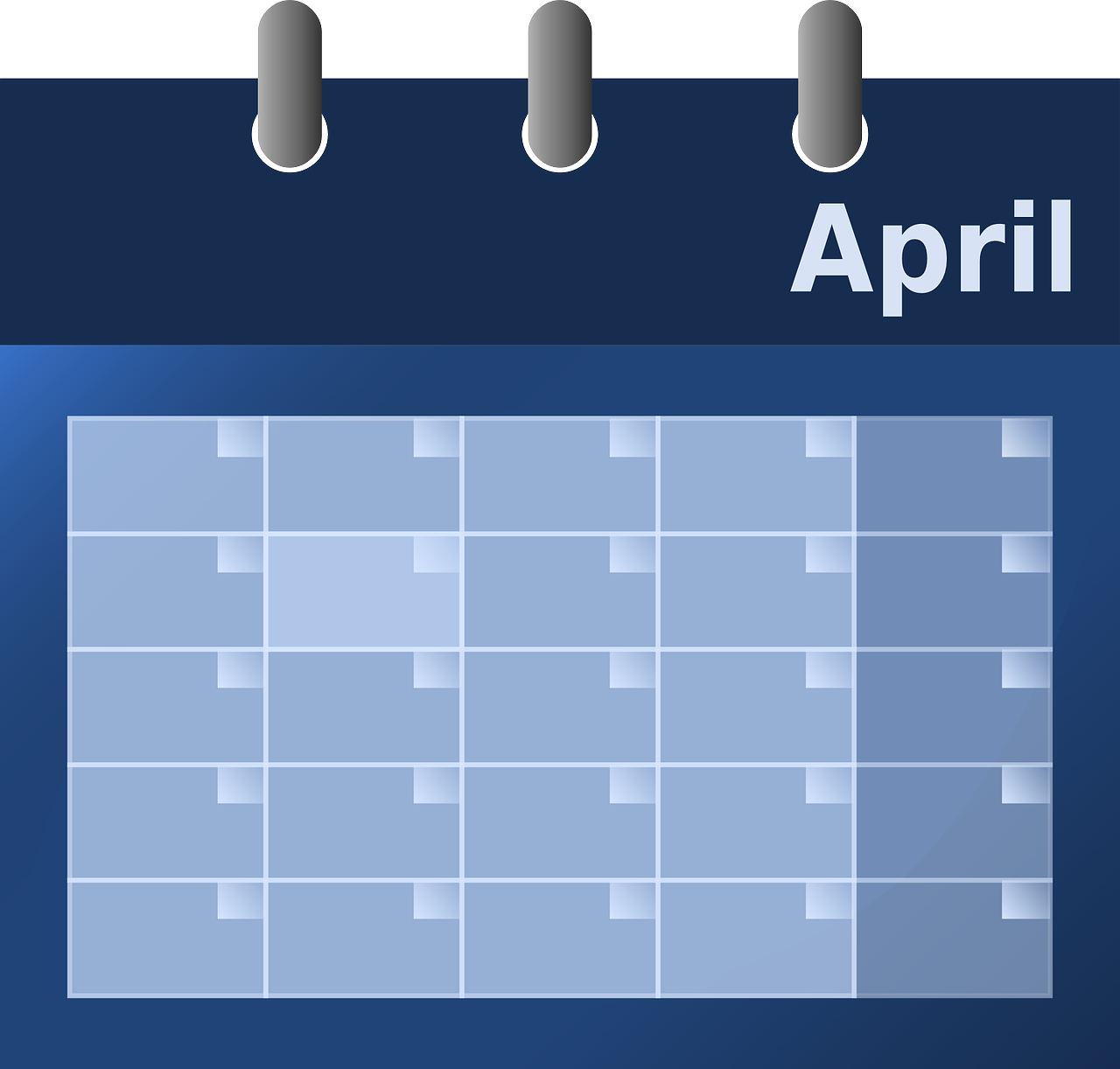 In this blog post, we discuss the release of the Department of State’s October 2024 Immigrant Visa Backlog report.
In this blog post, we discuss the release of the Department of State’s October 2024 Immigrant Visa Backlog report.
This is a monthly publication that provides data and statistics regarding the number of immigrant visa cases currently at the National Visa Center waiting for interviews, documentarily complete cases that have been scheduled for visa interviews, and those that are still awaiting visa interviews.
We also compare the increase in the backlog from September to October 2024.
According to the National Visa Center’s Immigrant Visa Backlog Report for the month of October 2024, there has been a modest decrease in the immigrant visa (IV) backlog from 385,800 pending cases in September to 363,242 cases in October — nearly a 5.8% decrease in the backlog.
Additionally, when comparing the September and October Immigrant Visa backlogs, we can see that the number of immigrant visa applicants whose cases were declared documentarily complete and ready to be scheduled for interviews decreased by 17,846 cases, from 431,110 (in September) to 413,264 (in October).
Additionally, 50,022 applicants whose cases were documentarily complete were scheduled for interviews in the month of October (in comparison to just 45,310 in September).
- A case is considered documentarily complete by the National Visa Center, when the applicant has paid all necessary fees and submits all necessary documents to meet the formal visa application requirements, such that the case is ready to be scheduled for a visa interview. When a case becomes documentarily complete, the NVC sends applicants an email to notify them that their case is complete and pending scheduling at the local Consulate or Embassy.
September 2024 Immigrant Visa Backlog Report
| Number of IV applicants whose cases are documentarily complete at NVC and ready for interview as of August 31 |
431,110 |
| Number of documentarily complete IV applicants scheduled for September 2024 interview appointments |
45,310 |
| Number of eligible IV applicants still pending the scheduling of an interview after September 2024 appointment scheduling was completed |
385,800 |
October 2024 Immigrant Visa Backlog Report
| Number of IV applicants whose cases are documentarily complete at NVC and ready for interview as of September 30 |
413,264 |
| Number of documentarily complete IV applicants scheduled for October 2024 interview appointments |
50,022 |
| Number of eligible IV applicants still pending the scheduling of an interview after October 2024 appointment scheduling was completed |
363,242 |
Note: In Calendar Year 2019 on average, 60,866 applicants were pending the scheduling of an interview each month.
Continue reading
 We are pleased to report that today the U.S. Department of State’s Bureau of Consular Affairs published the April 2025 Visa Bulletin.
We are pleased to report that today the U.S. Department of State’s Bureau of Consular Affairs published the April 2025 Visa Bulletin. Visa Lawyer Blog
Visa Lawyer Blog












